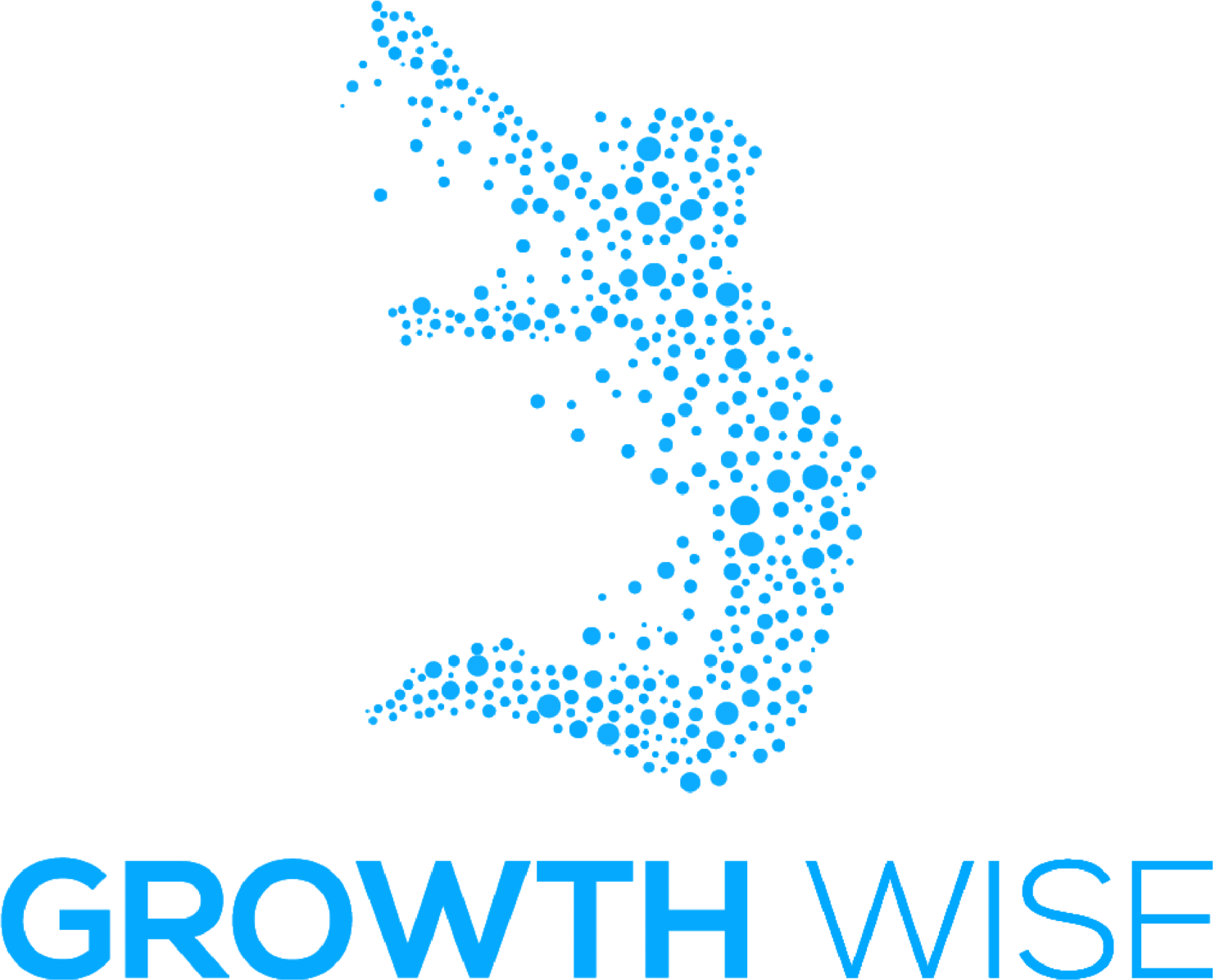Avoid Thinking Too Quickly
Josh Waitzkin has been blowing my mind lately.
A former child chess prodigy, Waitzkin was the real-life inspiration for the movie Searching for Bobby Fisher.
Today he is a grown man, and lately I have been reading his fantastic book The Art of Learning: An Inner Journey to Optimal Performance.
I found a fascinating insight from his chess days – about thinking fast, and about thinking slow – which I have been showing my students and relating to their testtaking.
Waitzkin writes that in the early 1990s, as he turned 15-years-old, an influx of Russian immigrants from the Soviet Union came to the West and swelled the ranks of top-level youth chess in the United States.
“These kids were highly trained, excellent fighters who had been schooled in the famous Pioneers’ Palaces of Moscow and Leningrad. Many of these new rivals were armed with a repertoire of psychological ‘tricks’ that presented serious challenges.
One of the more interesting tactics was implemented by a Russian boy whom I had trouble with for a period of months before I caught on to his game. He was a very strong player so our clashes were always tense, but for some reason I tended to make careless errors against him in the critical positions.”
What Waitzkin writes about “careless errors” applies directly to my students in heated testtaking moments.
“Then one day, an old Bulgarian Master named Rudy Blumenfeld approached my father in the Marshall Chess Club and asked him if we were aware of what this boy was doing to me. We were not. He explained that in the climactic moments of the struggle, when I had to buckle down and patiently work my way through the complications to find a precise solution [sound like solving a tricky ACT problem?], this boy would start to tap a chess piece on the other side of the table, barely audible, but at a pace that entered and slightly quickened my mental process.”
When we take tests, we all have a “Russian chess player in our heads,” inconspicuously urging us to think faster!, go faster! when the pressure is higher, time is ticking, and a problem seems difficult.
When we heed this call, we skip steps, fail to read carefully, misunderstand the material, make mistakes, run into dead-ends, and give up on problems.
Or we spin our wheels, repeatedly thinking through the problem in haphazard fashion, never making progress, wasting time and seeing our energy and confidence drain away.
And yet, this is the exact moment when we should slow down.
Buckle down. Patiently work my way through the complications. Find a precise solution.
I remembered the words of Erica Meltzer, tutor and test prep author extraordinaire, who said of the mostly useless Kaplan test prep class she took in high school:
“There were three pieces of advice that helped me a lot, though: slow down, define relationships precisely, and break each question into steps that you can work through systematically.”
Meltzer’s advice is dead-on. When I apply it during my own testtaking, I get the difficult problems correct – usually quicker than I ever would have guessed.
Meanwhile, Waitzkin reflected on the unconscious “quickening” strategy that his opponent had been using on his thought process:
“This subtle tactic was highly effective and I later found out that it was an offspring of the Soviet study of hypnosis and mind control. The next time we played, I was on the lookout for the tapping and sure enough, in the critical moment it was right there. Hilarious. Once I was aware of what was happening, I was able to turn the tables in our rivalry.”
Testtakers: notice when your thoughts move too quickly. Dare to slow them down – you will be surprised how much quicker you go.
